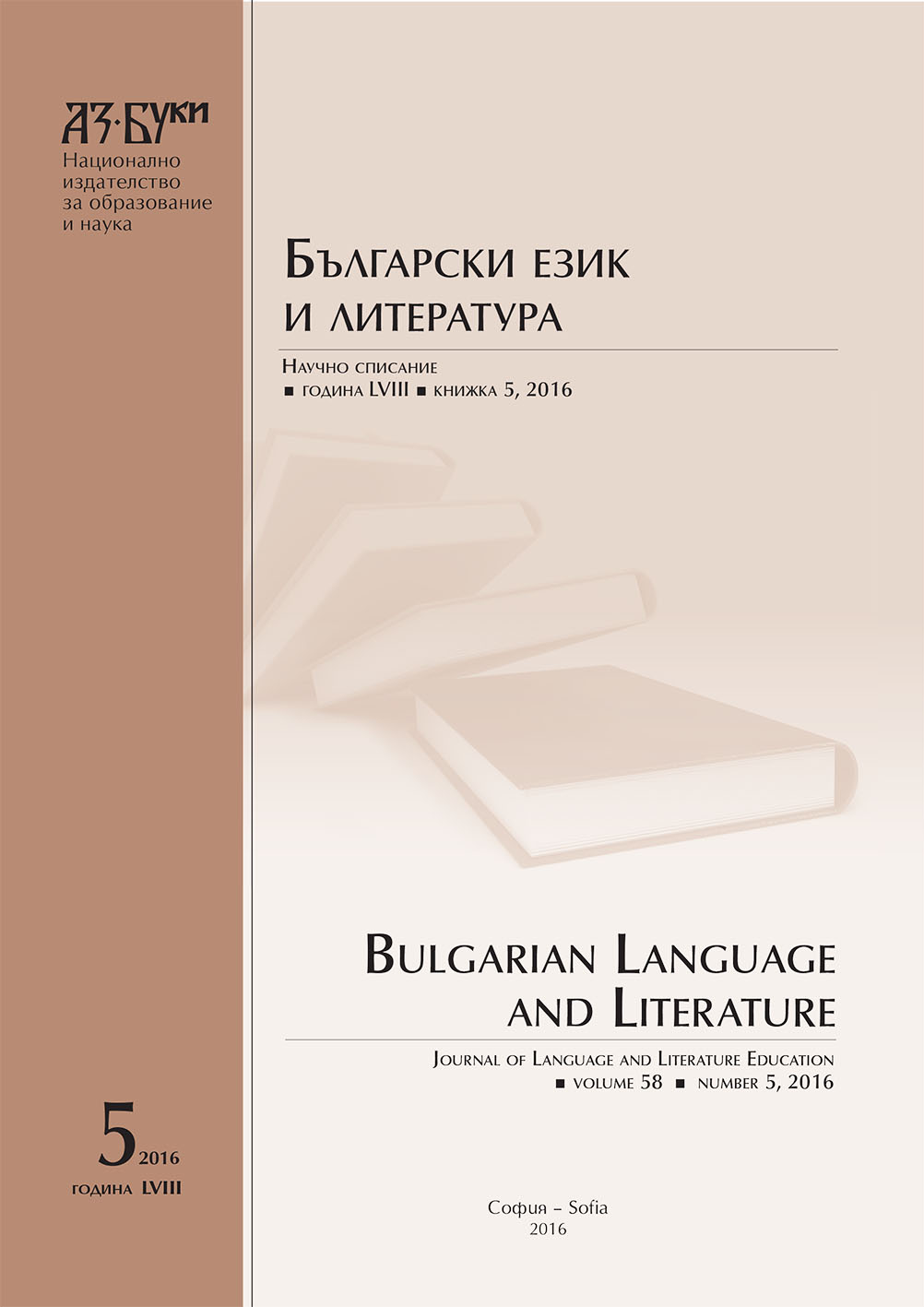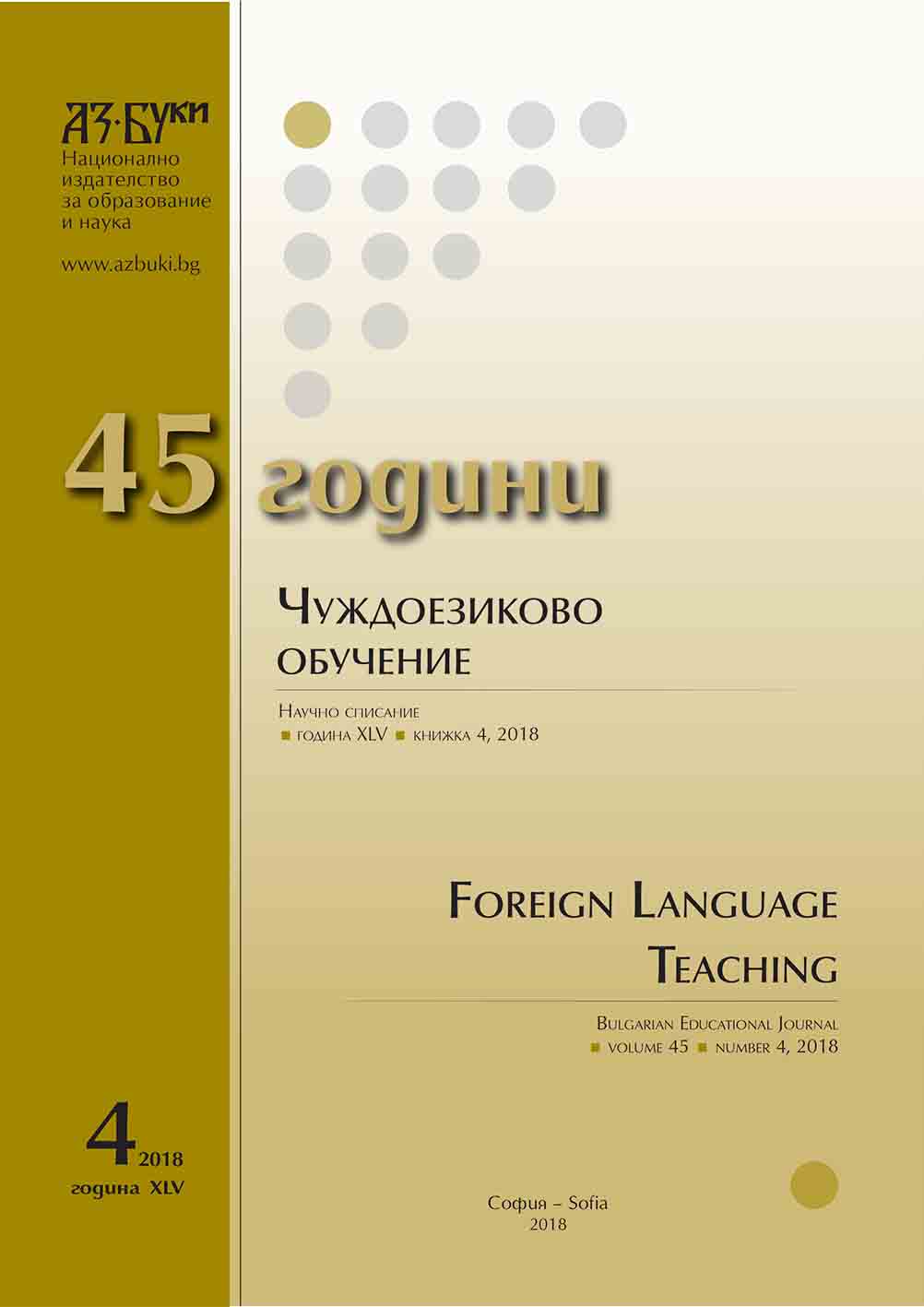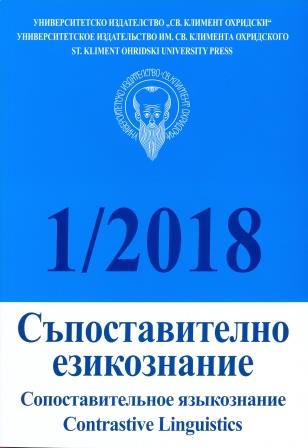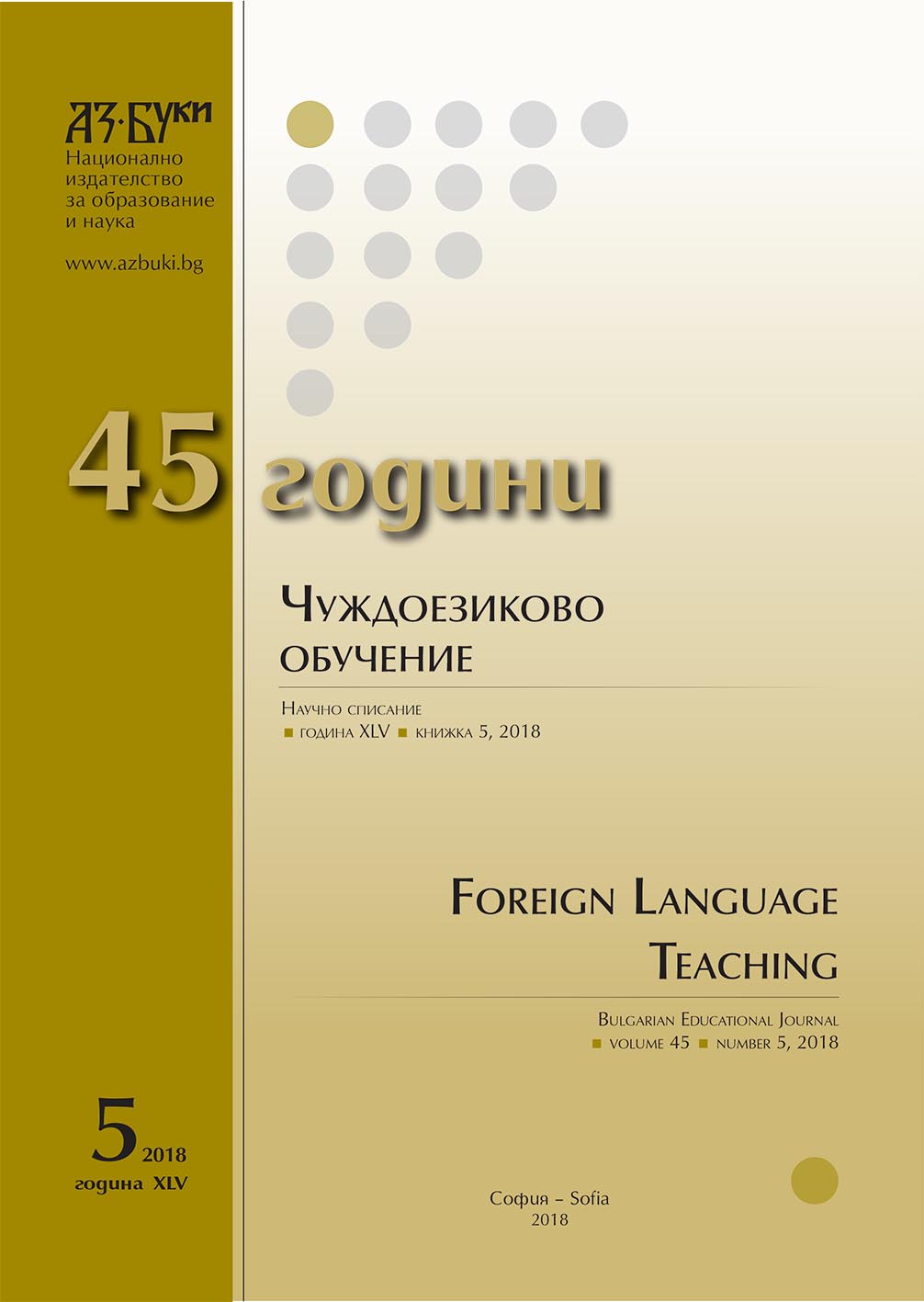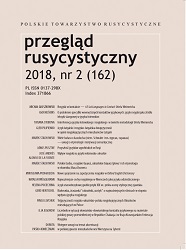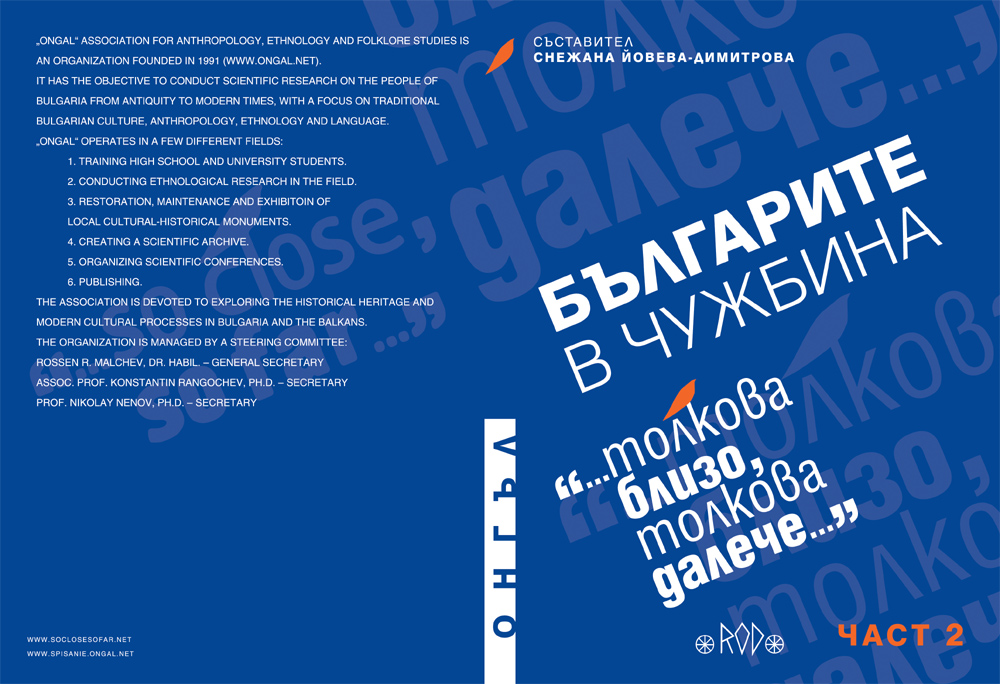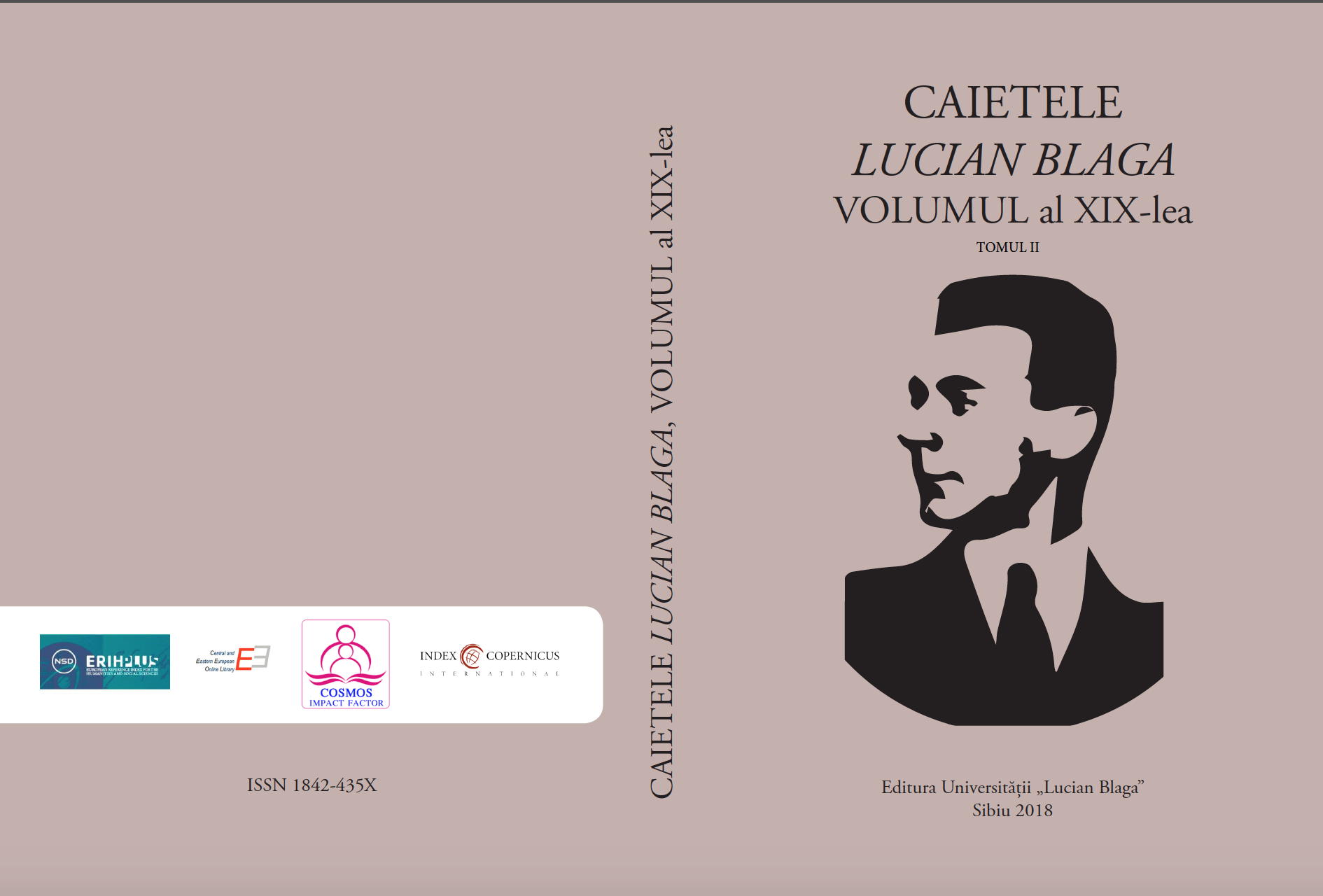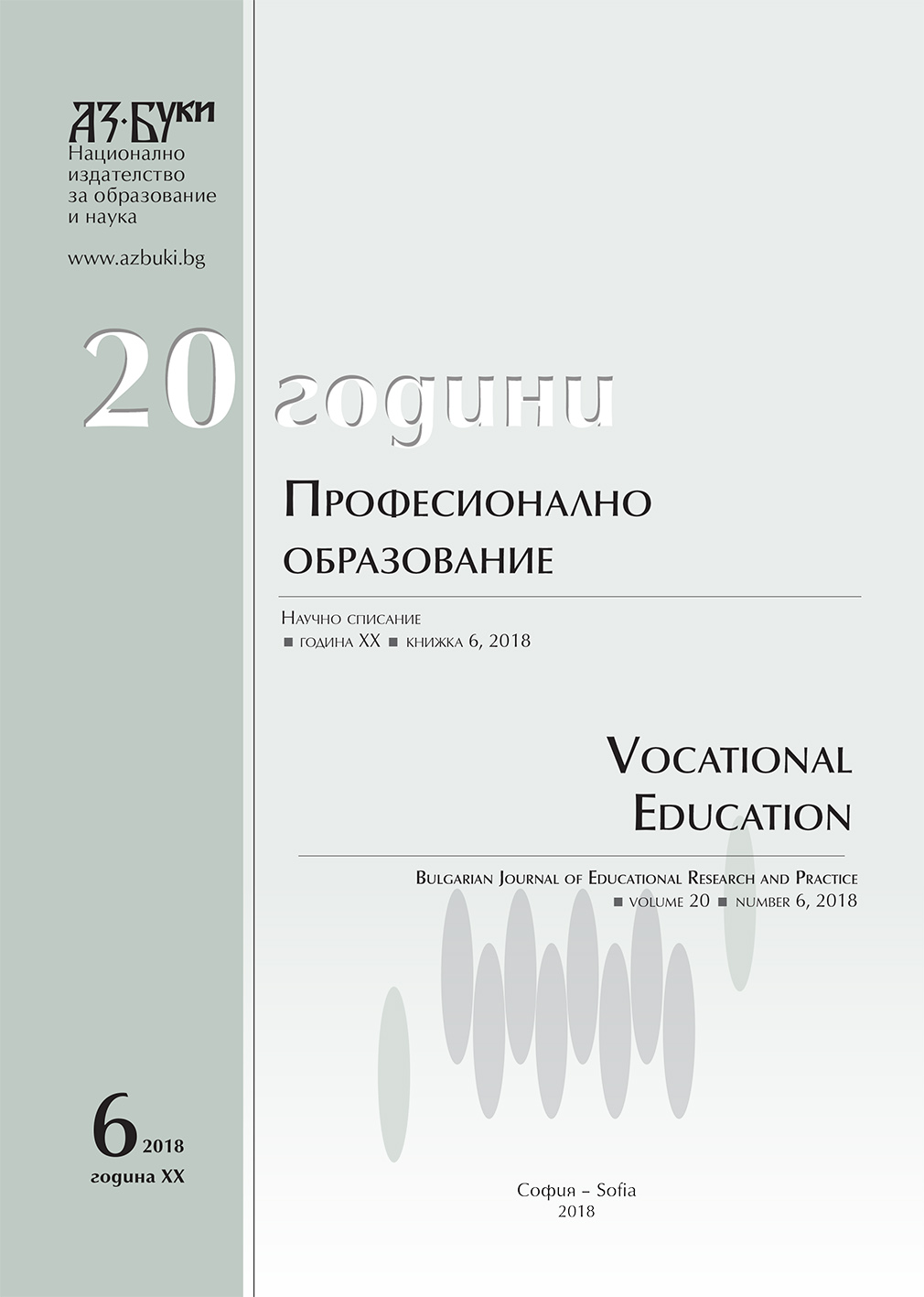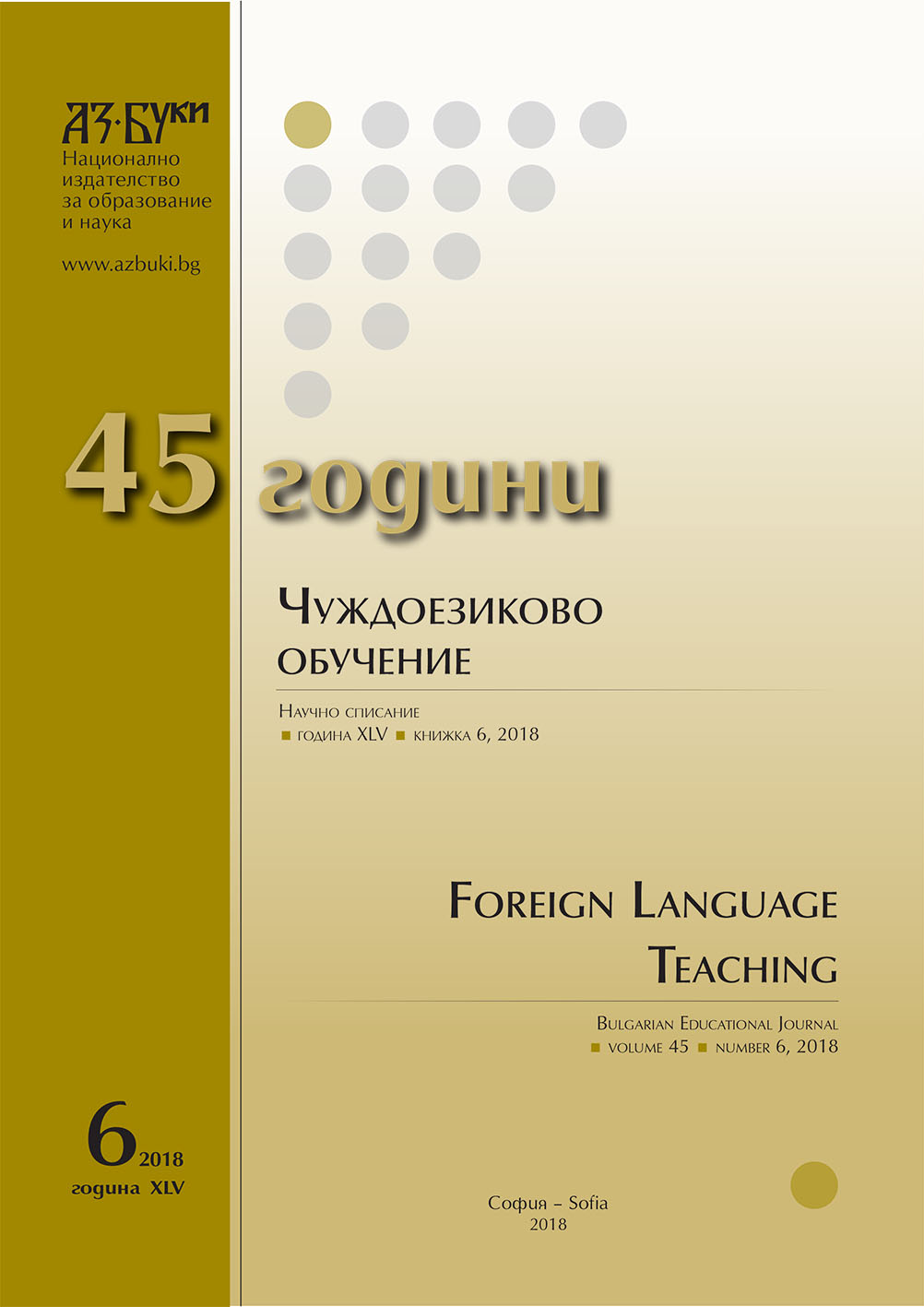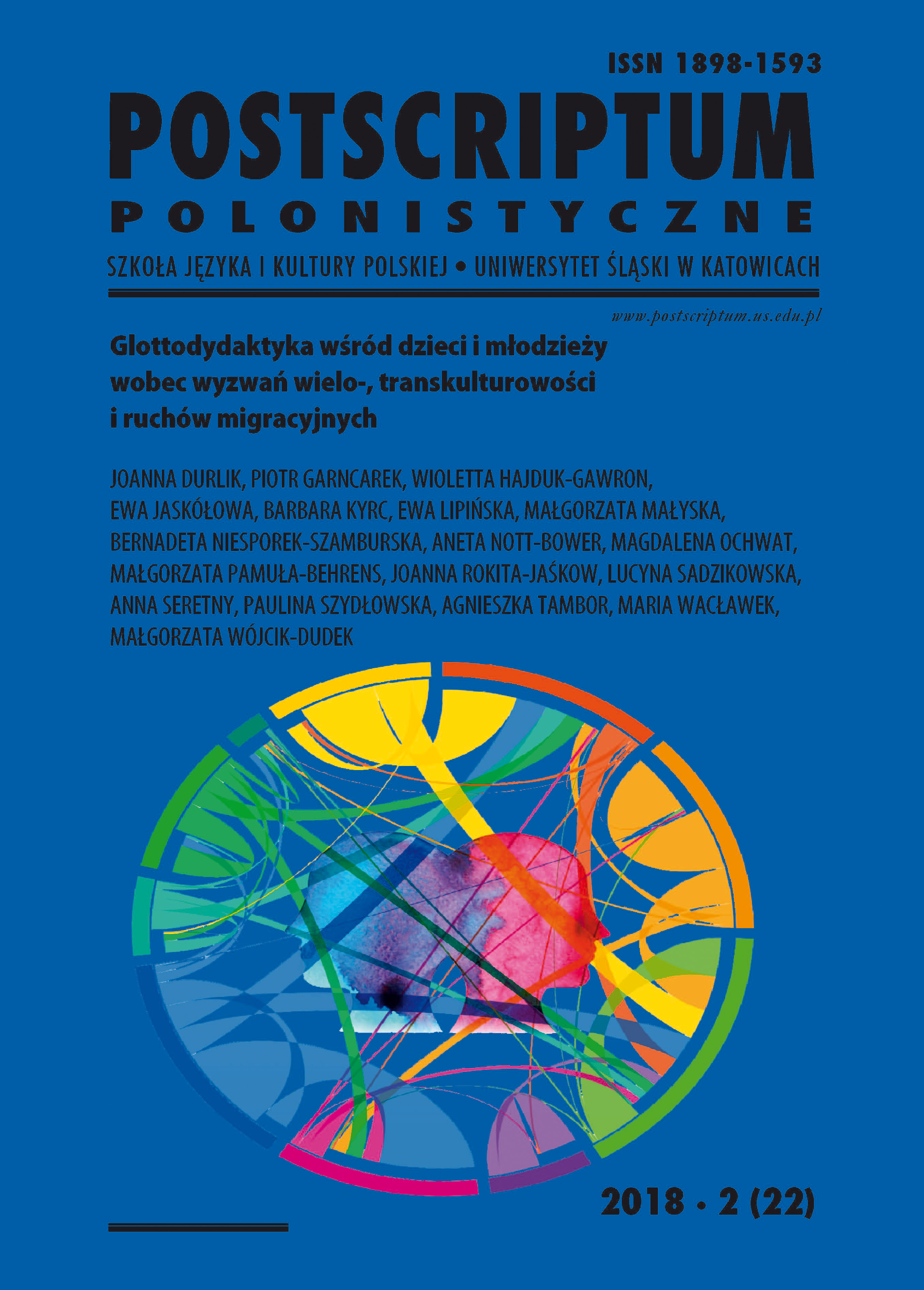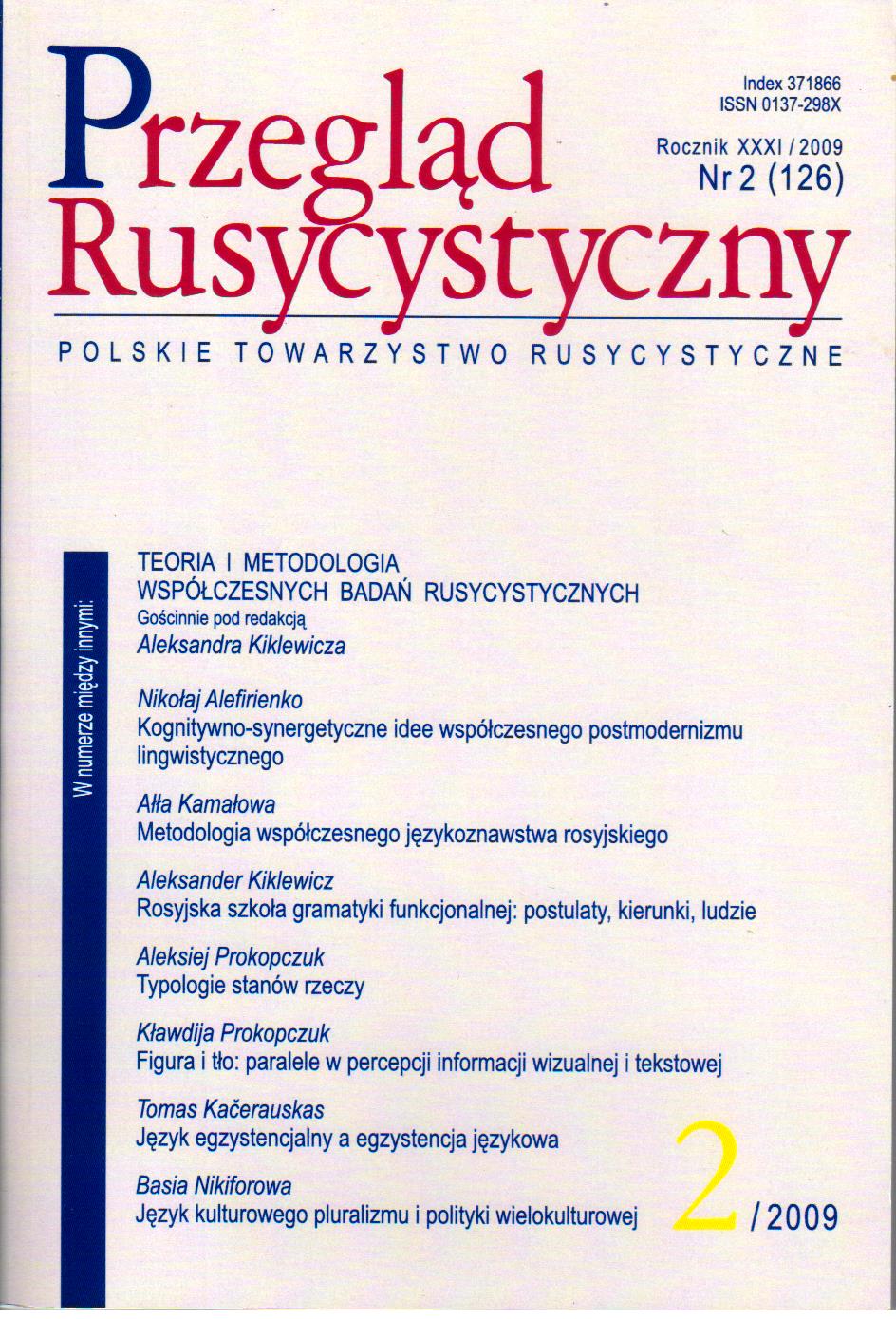
Język rosyjski w Polsce — fakty i mity
Seeing through the lens of Poles’ perception of Russia and Russians over centuries, looking through the lens of Poland’s and Poles’ experience of relations with this great country, the author undertakes an analysis of a number of factors that have determined Poles’ attitudes towards the Russian language as a school subject. Some facts bearing on the attitudes are endorsed as true or approximating the truth, while others are exposed as myths, fiction at odds with truth, often not even pretending to be true. It is emphasised, inter alia, that the Russian language in Poland has always been burdened with political overtones, most so during the period of partitions and in the years 1945–1989. This has had catastrophic consequences for the attitude of Poles towards the actual teaching and learning of the language of Pushkin in our country. However, the author posits that there are grounds for a change of the attitude to the Russian language and its place among other foreign languages taught at Polish schools, in the spirit of broadly-defined collaboration and tolerance, including language tolerance, in line with changes taking place across the civilised world.
More...
